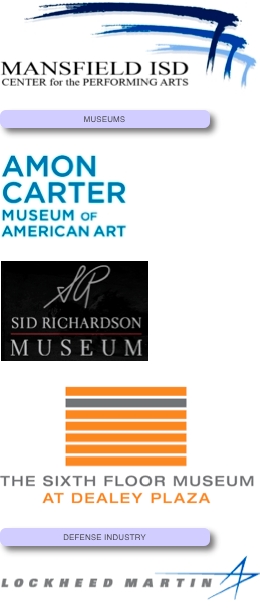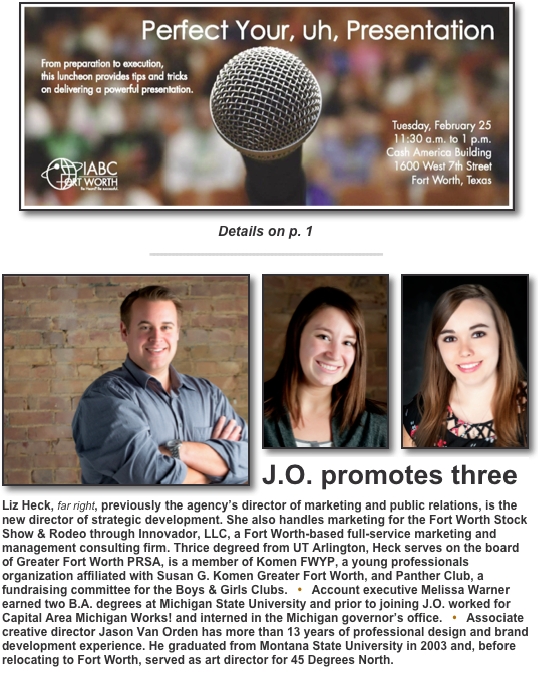
THIS MONTH IN PR/MARKETING HISTORY BY JEFF RODRIGUEZ
An irreverent look at the people and events that keep us up at night
Sold Out
When Bush 41 Went Grocery Shopping, He
Brought Back Way More Than He Planned
“Cleanup on Aisle 7.”
We’ve all seen messes in the grocery store. But that was a doozy that engulfed
President George H.W. Bush when he went to Orlando, Fla., in February 1992 to address the National Grocers Association. Before making his remarks, Bush
detoured past the exhibits and noticed NCR Corp.’s new barcode scanner, complete with mock checkout lane. An NCR employee
explained the device to Bush, who scanned a few items and commented on how
impressed he was.
That would have been the end of it — except that the media was there. The next day, The New York Times headlined: “Bush Encounters the Supermarket, Amazed.” From there it got worse:
This career politician, who has lived the cloistered life of a top Washington
bureaucrat for decades, is having trouble presenting himself to the electorate
as a man in touch with middle-class life. Today, for instance, he emerged from
11 years in Washington's choicest executive mansions to confront the modern
supermarket. Visiting the exhibition hall of the National Grocers Association
convention here, Mr. Bush lingered at the mock-up of a checkout lane. ... Then
he grabbed a quart of milk, a light bulb and a bag of candy and ran them over
an electronic scanner. The look of wonder flickered across his face again as he
saw the item and price registered on the cash register screen. ... “I just took a tour through the exhibits here,” he told the grocers later. “Amazed by some of the technology.”
For good measure, the article noted that barcode technology was introduced in
the 1970s and had been in widespread use for roughly a decade. Ouch.
Thus a narrative was created: Elitist president doesn’t know grocery scanner from day planner. While cartoonists and broadcasters
cracked jokes, the White House PR team tried to stem the Tide (which was in
household products, Aisle 11). Spokesman Marlin Fitzwater assured reporters that the president had seen grocery scanners many times;
furthermore, he said, the story was “totally media-manufactured.”
And guess what? This political spokesman, this time, was telling the truth.
It was true that Bush had seen scanners before, and it also was true that he had
been amazed by this one; that’s because it was, in fact, pretty amazing. As the NCR rep pointed out, this new
model could scan a bar code and weigh the product — a technological breakthrough. The rep then had Bush try to scan a UPC that was
ripped in pieces. Despite considerable damage to the label, the scanner read it
successfully. Even today, let’s admit that’s pretty cool, and who knows, maybe it’s where the idea to market pre-torn jeans got started.
But here’s another twist that is equally instructive: The reporter who wrote the story
wasn’t there! Rather, he based his account on a report filed by a staff member of the
Houston Chronicle. The real on-site reporter noted that Bush had a “look of wonder,” but tellingly, the Chronicle story did not belittle Bush; only the Times
thought it front-page news.
The Times stood by its story, but other media outlets defended the president or
backtracked entirely. Charles Osgood, one of the news commentators who had taken Bush to task, admitted he “joined the herd last week and took the occasion to pontificate,” adding that the scanner “is amazing, and what it does is really something.” Years later, the NCR employee who met Bush that day told another reporter, “The whole thing is ludicrous. What he was amazed about was the ability of the
scanner to take that torn label and reassemble it.”
None of this held much weight at the time. The consensus was that the president
was out of touch. It’s hard to know if the incident hurt Bush’s re-election effort, but likely it didn’t help him. The story lingers, too; in the years since, at least two articles
have been published referring to “scannergate” (hey, I just made up a word).
So was the Times reporter too busy, too lazy or perhaps exercising his agenda?
Who knows? Beauty, as they say, is in the bias of the beholder. Regardless, the
coverage created a massive headache that blindsided the president’s team. But when you work in a business where the main commodity is PR, that’s pretty much how it goes.
“Cleanup on Aisle 7.”
=======================================================
Freedom of Information Foundation of Texas update: Six major media outlets in Fort Worth-Dallas, including the Star-Telegram,
joined to file a plea in intervention in state District Judge Jean Boyd’s Tarrant County juvenile court to ask that any hearings regarding Ethan Couch be held in open court. The motion also asks that the media outlets have a
chance to be heard if the judge considers motions to close a hearing to the
public or makes a decision to do that on her own. Details here. ... Robert Kinney says his former boss wrote false and defamatory things about him online, and he
wants the state’s highest civil court to order the remarks be deleted. In a case that could have
far-reaching effects on individual freedom to post online, the Texas Supreme
Court is considering whether the Texas Constitution allows the court to force
Kinney’s former boss to unpublish negative postings about him. Details here.
=======================================================











